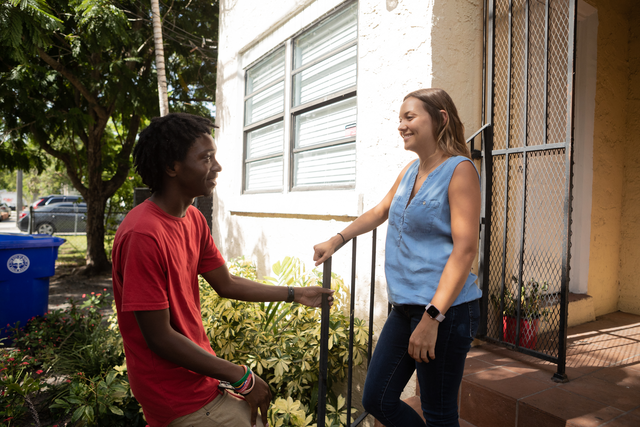A recent review of 40 international studies shows significant health benefits from volunteering.
One report found that seniors who volunteer more than 100 hours per year were 28% less likely to die from any cause than their less-giving counterparts. Another study showed a 22% reduction in mortality among the same population. A third research project indicated a drop in high school students’ cholesterol levels after they volunteered with younger students for two months.
Volunteering also increases happiness and feelings of well-being. The brain emits mood-elevating dopamine when individuals do “good deeds”, leading to a so-called Helper’s High. One study found that people who completed five small acts of kindness one day per week for six weeks experienced a sustained boost in their mood. The mood increase was less pronounced if the acts were spread out over multiple days, suggesting that actions have a cumulative effect.
Individuals suffering from chronic pain who helped others with the same ailment reported feeling less discomfort, with pain levels dropping significantly after patients spent six months leading discussion/support groups or checking in on sick acquaintances. The authors of this study believe that helping others gives patients a sense of purpose and increases their confidence to deal with their ailments.
Finally, a 2013 study reported that adults over age 50 who volunteered at least 200 hours per year were 40% less likely than non-volunteers to develop hypertension (high blood pressure). The researchers believe that the stress-reducing effects of being both active and altruistic are responsible for this significant result.
Help a cause you believe in while helping yourself – volunteer today!




